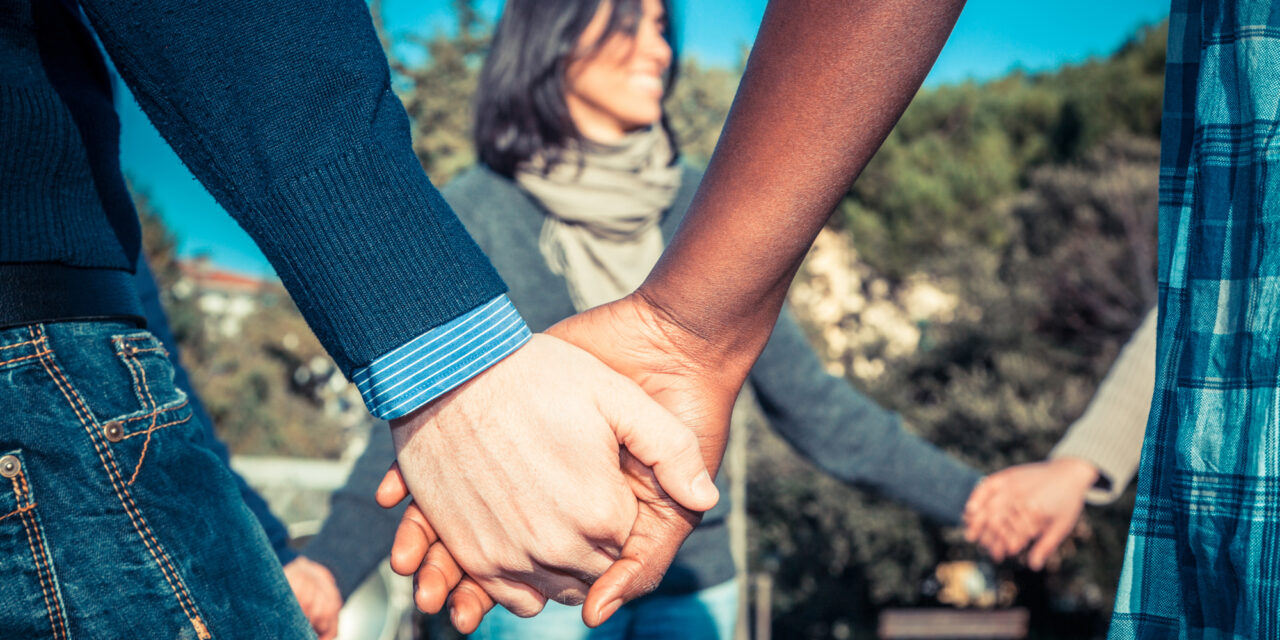In an effort to address the perceived ills of our society, and there are plenty of them, I often hear about people’s anger. When referring to injustice and inequity, we often say, “Well, they have a right to be angry,” or “We have a right to be angry.” We even expect people to be outraged at injustice. But is anger really all that helpful? Or does widespread anger only create a culture of divisiveness and judgmental attitudes toward our colleagues, relatives, coworkers, neighbors, and fellow humans?
In an article by Allison Aitken titled, “What’s Wrong With Anger?” Aitken says anger causes us to see the world through “a distorted lens of good and bad, right and wrong, friend and enemy, and us against them.” Instead, she says life is actually more complex, and that if we looked a bit deeper, the more we would be able to develop empathy and understanding toward others, and find ways to respond constructively to the wrongs that we perceive have been done to us or others.
While anger is a generally accepted and encouraged emotion, it has long served as a basis for violence, taking up arms, and weapons. Yes, there is a lot to be upset about in our world where injustices are so pervasive. But the typical response to these injustices whether on an individual, community, or global level, will never bring about peace, compassion, understanding, and creative solutions.
So, as we send our children back to school, encouraging them to get along with their classmates, we, too, need to find ways to constructively right perceived wrongs and serve as their example.
Enjoy our remaining warm days, and have a great September!












